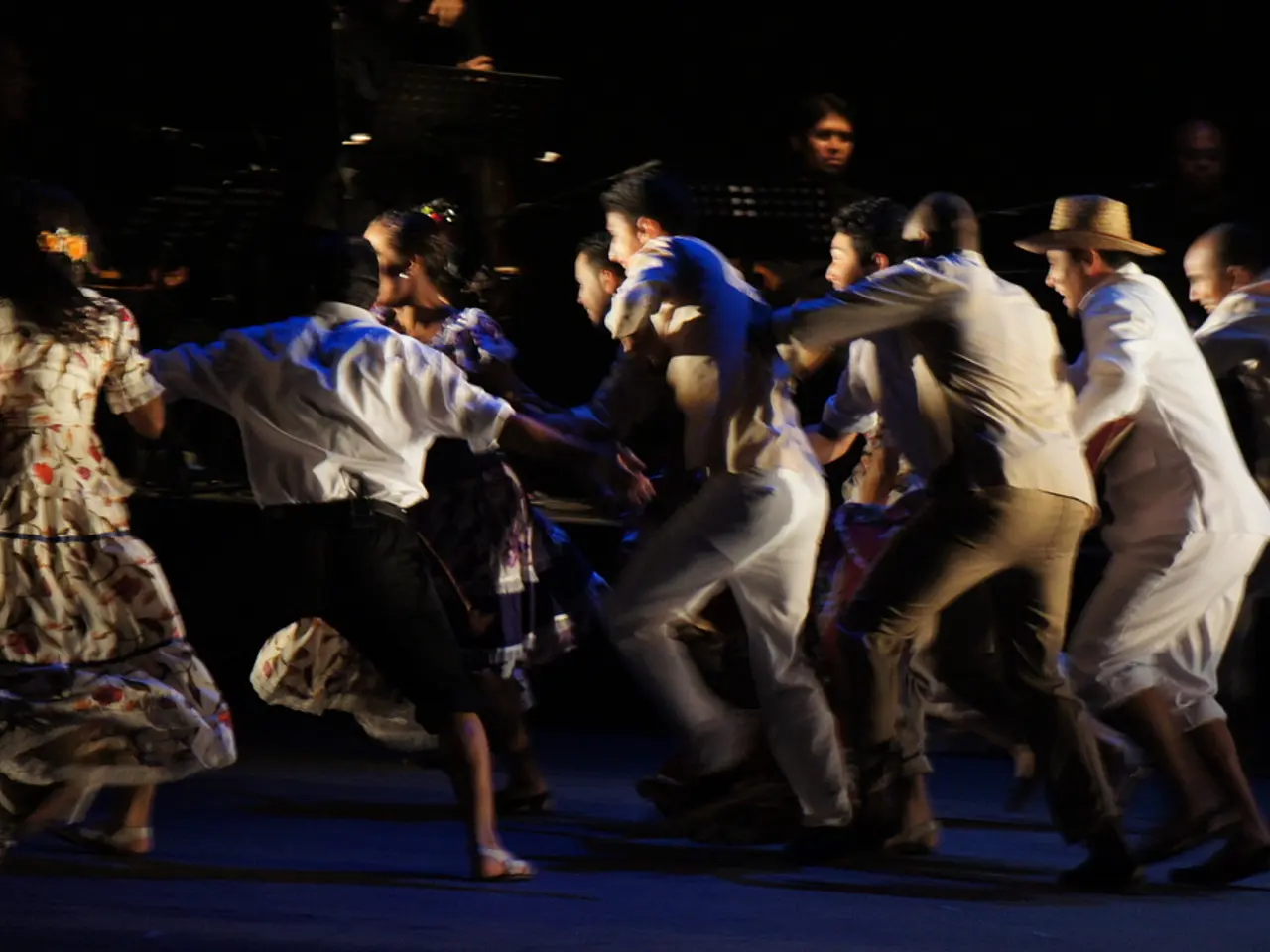Sci-Fi Classic Released 37 Years Ago Remains Unmatched as Hollywood Fails to Achieve successful Remake
In the world of animation and science fiction cinema, the 1988 film Akira stands as a groundbreaking work that continues to captivate audiences worldwide. However, attempts to bring this cinematic marvel to life on the big screen in a live-action format have proven to be a challenge.
Akira is considered untouchable for a live-action remake primarily because of its unparalleled artistic achievement, intricate storytelling, and deep cultural significance that has resisted successful translation beyond its original anime form. Its legacy as a cinematic marvel, featuring hand-drawn animation of extraordinary detail and a thematic maturity, sets a very high standard that many believe cannot be matched or authentically recreated in live action.
Several key factors contribute to Akira’s unique cultural significance. Artistic and Technical Mastery: Akira’s production involved an exceptional level of devotion, with every animation cell carefully hand-drawn. This craftsmanship resulted in visuals that remain stunning and groundbreaking decades later, making it a benchmark for animated cinema quality.
The film explores complex themes such as nuclear trauma, youth rebellion, and the corrupting nature of power. These themes resonate deeply in a postwar Japanese context as well as with global audiences, embedding Akira with a profound cultural and social relevance.
Akira helped redefine cyberpunk and anime itself, blending futuristic dystopian aesthetics with socio-political commentary. Its influence extends widely across sci-fi, gaming, and international pop culture, establishing it as a pioneer that spurred global interest in Japanese animation.
While Akira was a commercial failure in Japan, it became a cult classic internationally, symbolizing anime’s potential as a serious art form in the West. This dual legacy complicates any attempt at live-action since the original’s cult status is inseparable from its animation medium and historical moment.
Directed by Katsuhiro Otomo, Akira is not just a film but an artistic statement rooted in a distinct vision and style that fans and critics regard as definitive and irreplaceable. Attempts to live-act it risk losing that vision’s essence and the intricate storytelling tied to its animation.
In 2019, Taika Waititi was hired to direct the live-action adaptation of Akira. Despite the involvement of A-list producer Leonardo DiCaprio, the project stalled due to Waititi's involvement in other projects. The adaptation rights for Akira expired after the project failed to progress.
The film's visual effects and dystopian storytelling left an indelible mark on filmmakers and audiences worldwide. Its vibrant yet bleak portrayal of the future, along with its iconic motorcycle chases, has influenced numerous filmmakers. However, changing the setting of Akira from its original Japanese context risks losing the essence of the story and its nuanced social commentary.
In summary, the combination of technical brilliance, thematically rich and culturally resonant storytelling, and its status as a landmark in animation history renders Akira virtually "untouchable" for live-action adaptation. These factors collectively reinforce its enduring legacy and unique place in both Japanese and global pop culture. Despite numerous attempts, the live-action remake of Akira remains elusive, preserving the original's legacy as a cinematic gem that is unlikely to be replicated.
Entertainment and movies-and-tv adaptations have consistently struggled to capture the essence of Akira, a groundbreaking work in the world of animation and science fiction cinema. The film's intricate storytelling, artistic achievement, and deep cultural significance, deeply rooted in historical context and social relevance, pose a challenging hurdle to live-action remakes.






